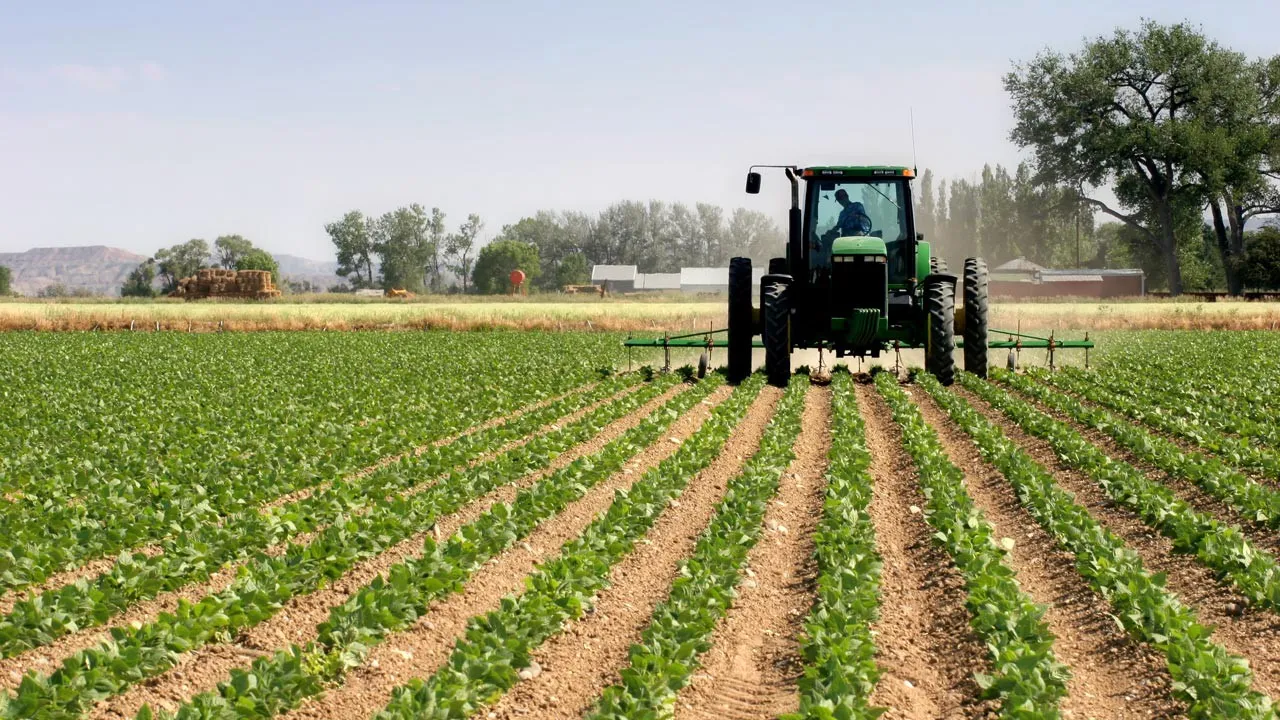How Climate Change Affects the Food Supply and Agricultural Labour

How Climate Change Impacts Food Supply
Climate change brings significant challenges to our food supply. As temperatures rise and weather patterns shift, agricultural practices must adapt to maintain stability. These changes can lead to food shortages and alter the dynamics of agricultural labour.
The Role of Government in Mitigating Food Supply Issues
Government intervention is essential in addressing shifts in food supply. Professor Samuel Kobina Annim advocates for a comprehensive approach to support farmers and sustain food systems in the face of climate-related challenges.
Strategies for Ensuring Food Security
- Invest in Sustainable Agriculture - Encourage practices that reduce carbon footprints.
- Develop Resilient Crop Varieties - Promote research on seeds that thrive in changing climates.
- Support Local Farmers - Enhance resources and training for community agriculture.
Collectively, these strategies can help manage the negative effects of climate change on our food supply.
Disclaimer: The information provided on this site is for informational purposes only and is not intended as medical advice. We are not responsible for any actions taken based on the content of this site. Always consult a qualified healthcare provider for medical advice, diagnosis, and treatment. We source our news from reputable sources and provide links to the original articles. We do not endorse or assume responsibility for the accuracy of the information contained in external sources.
This article was prepared using information from open sources in accordance with the principles of Ethical Policy. The editorial team is not responsible for absolute accuracy, as it relies on data from the sources referenced.